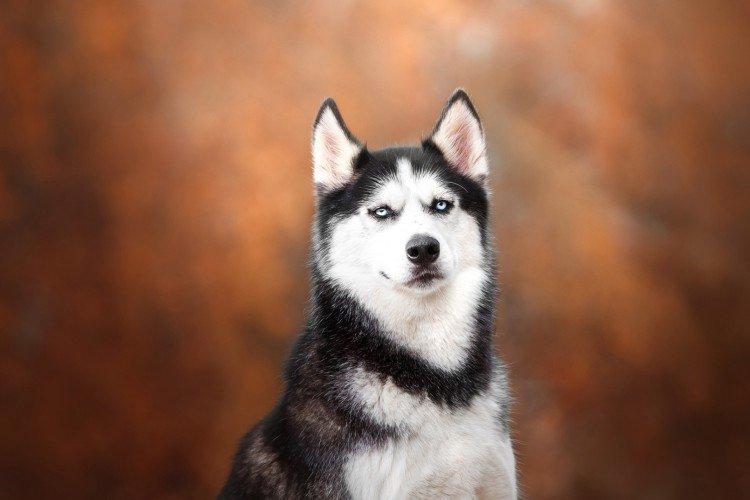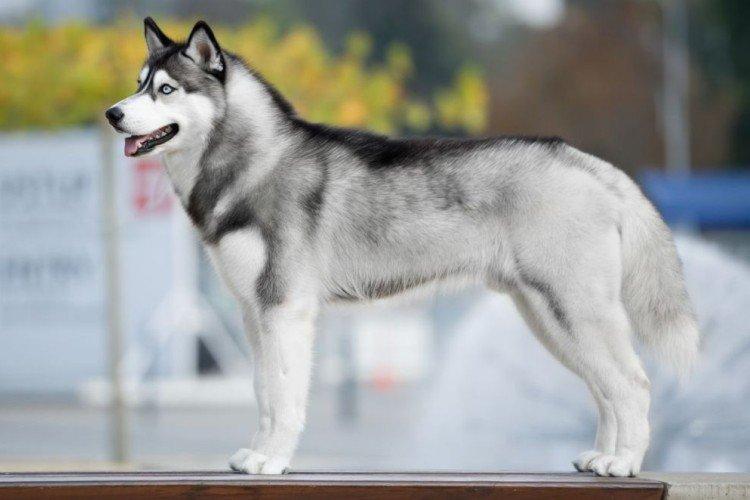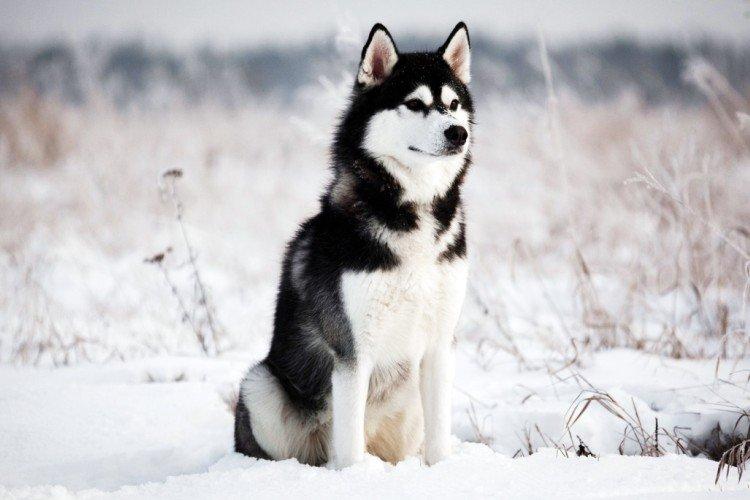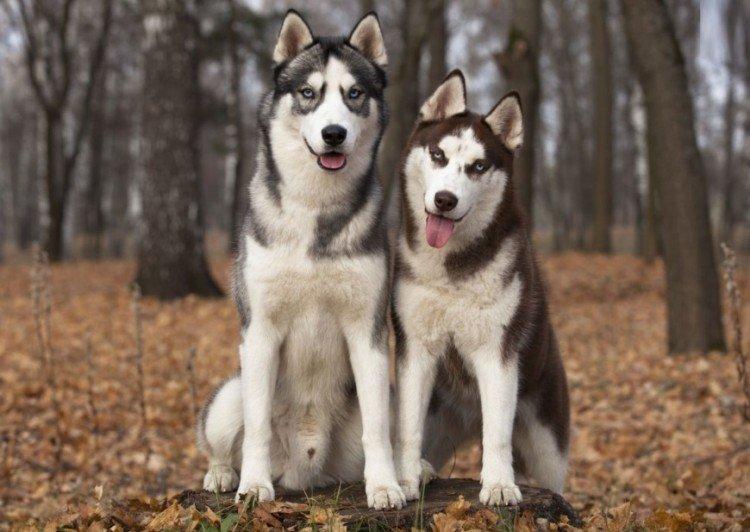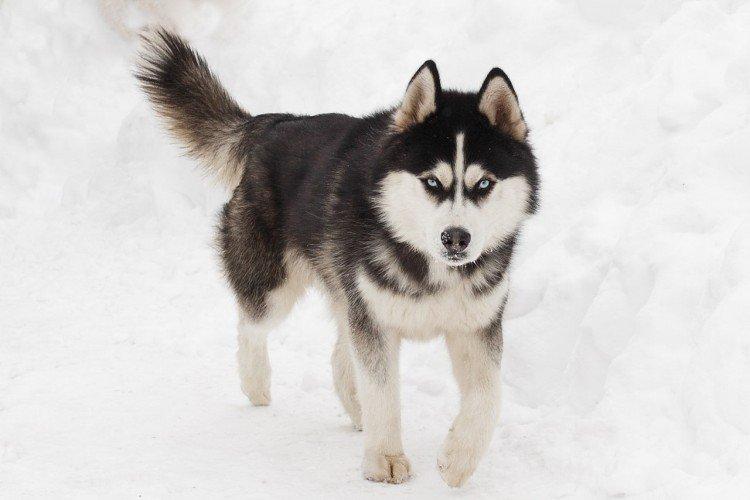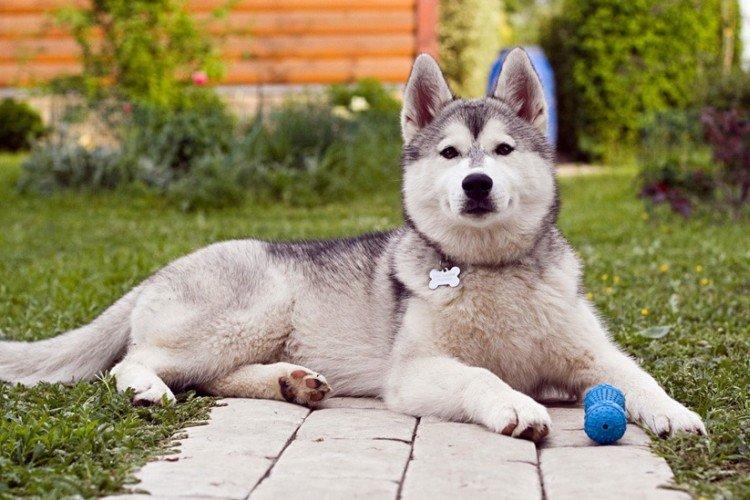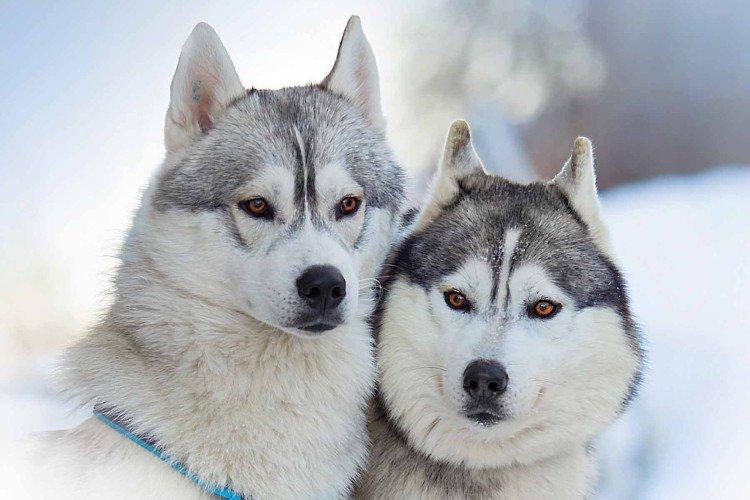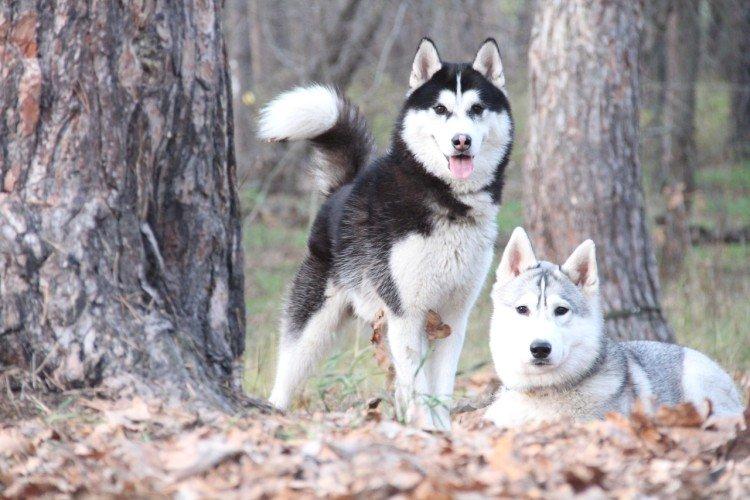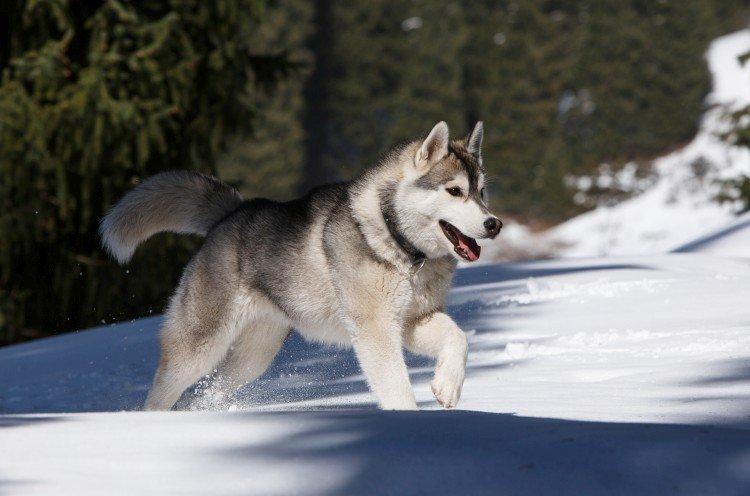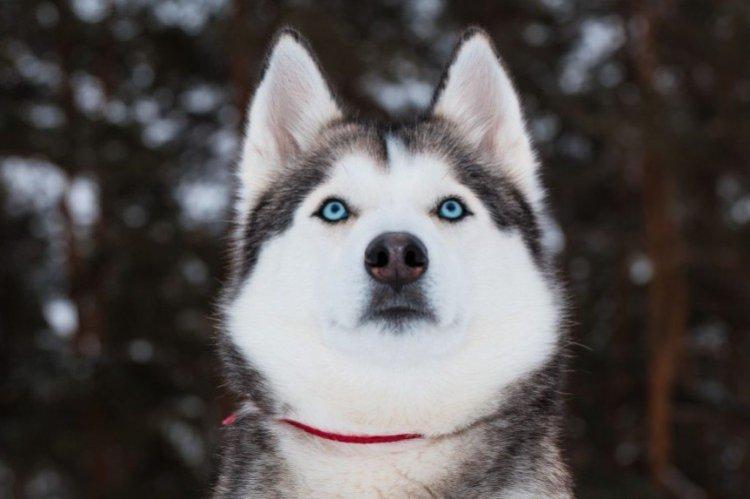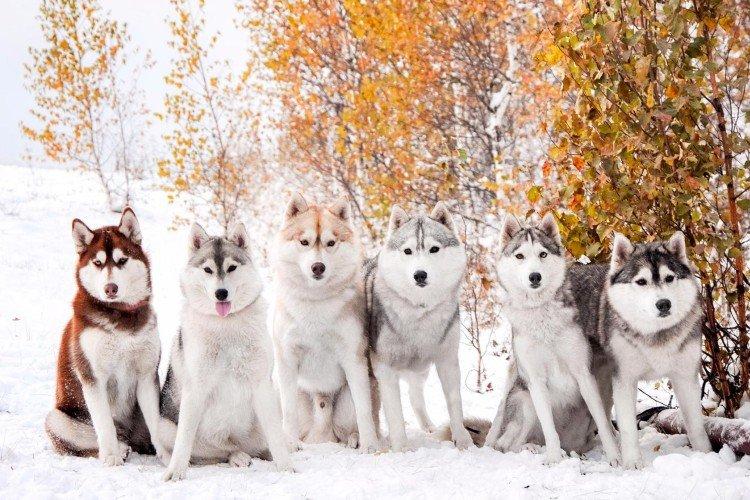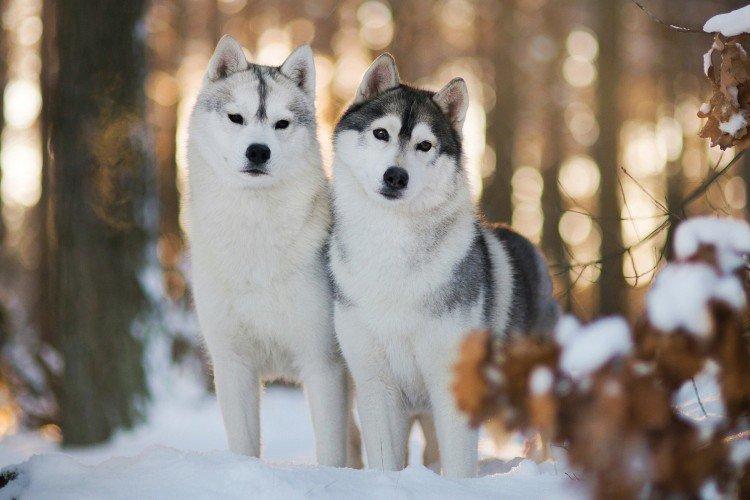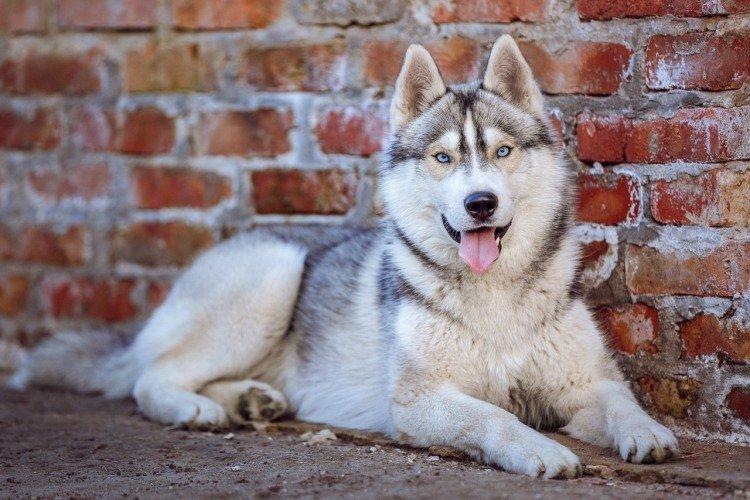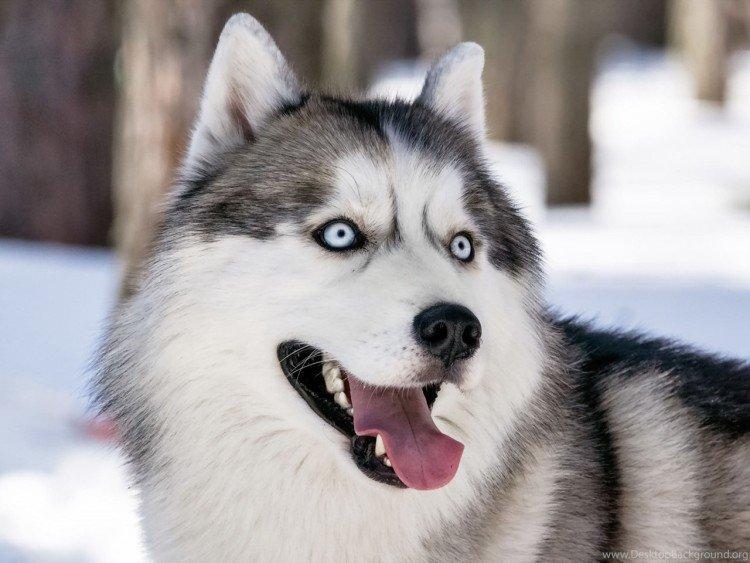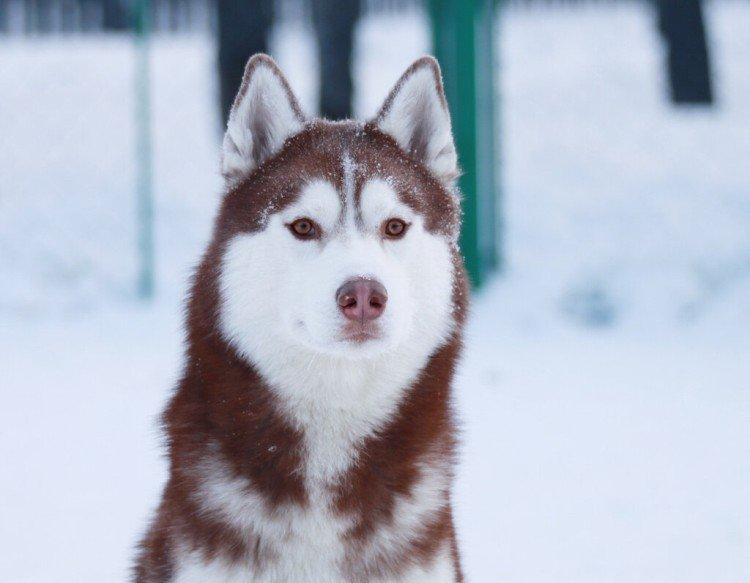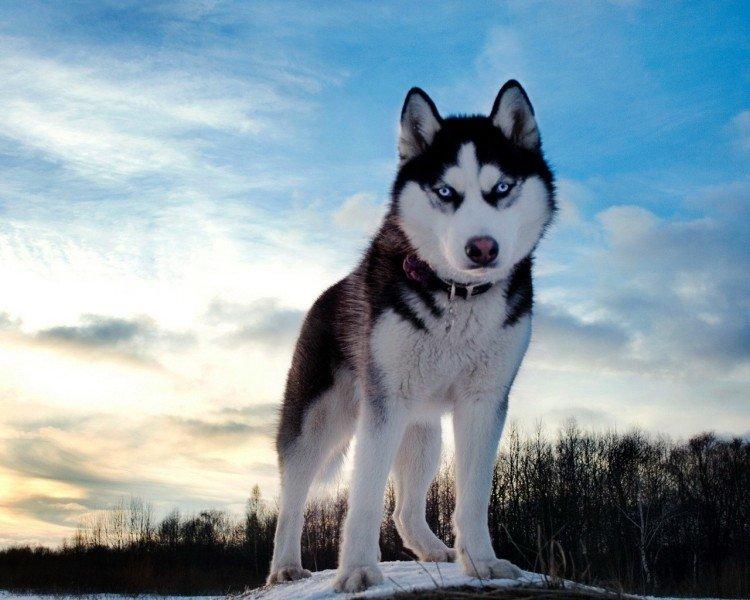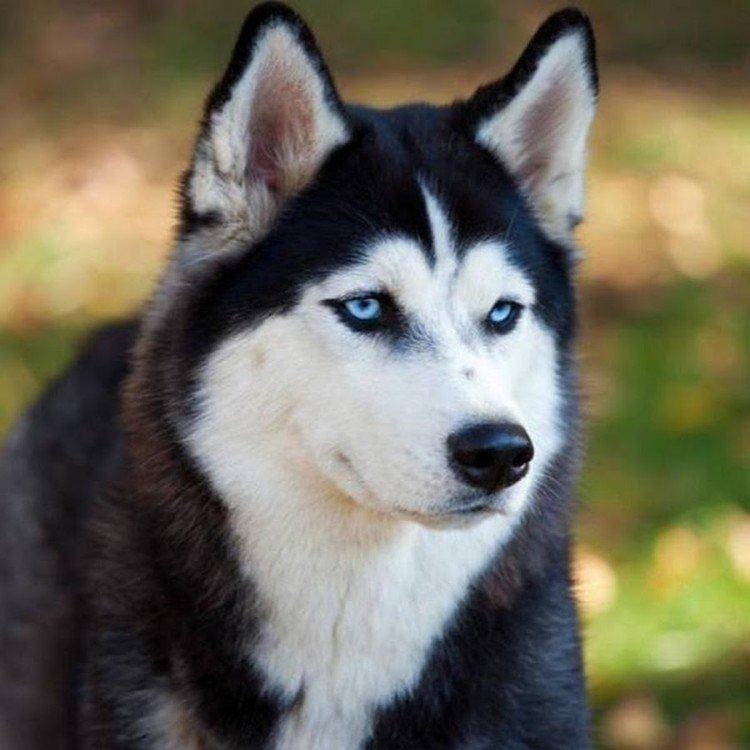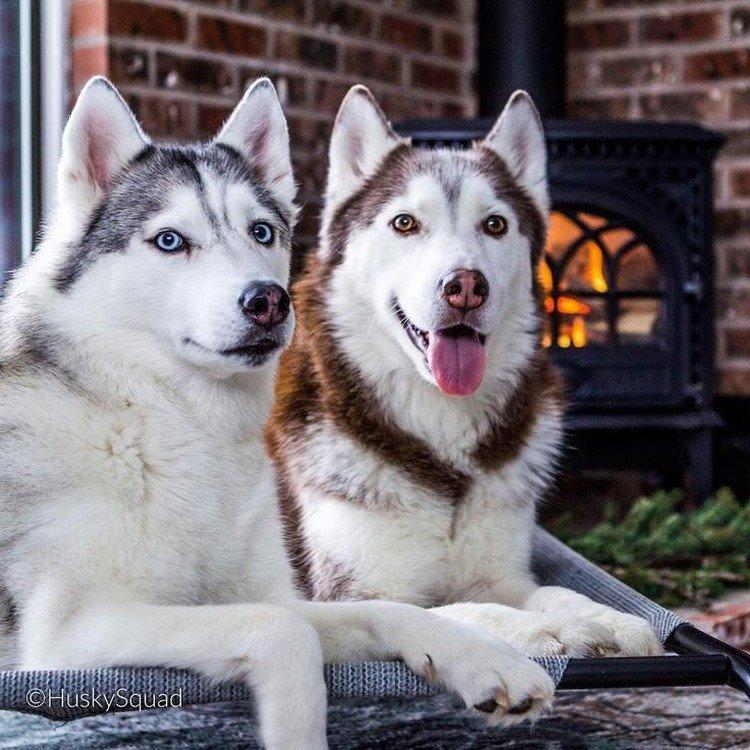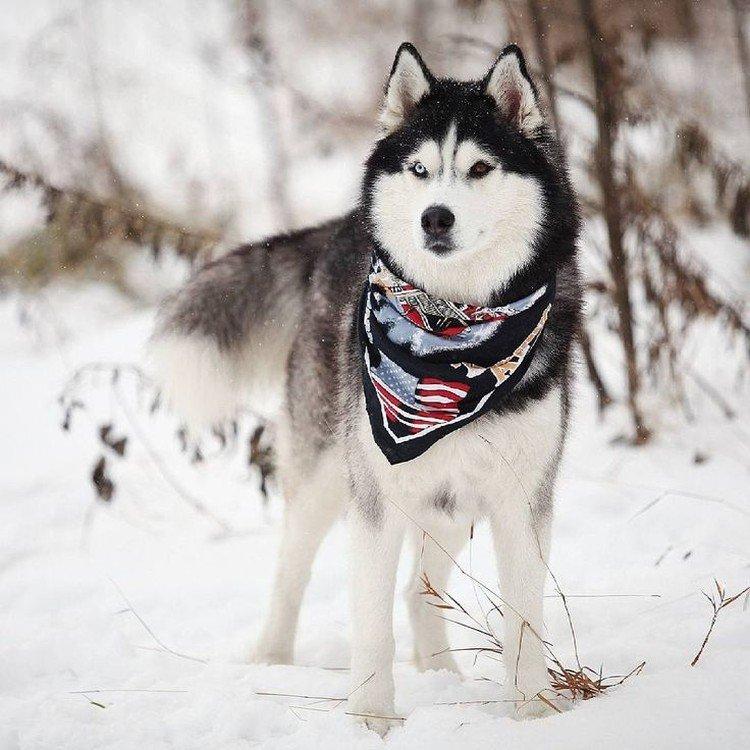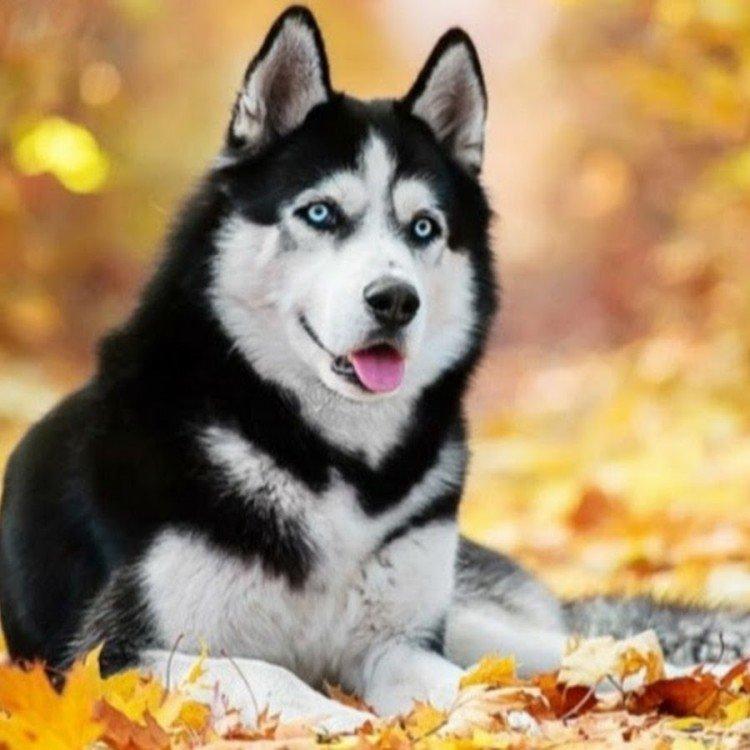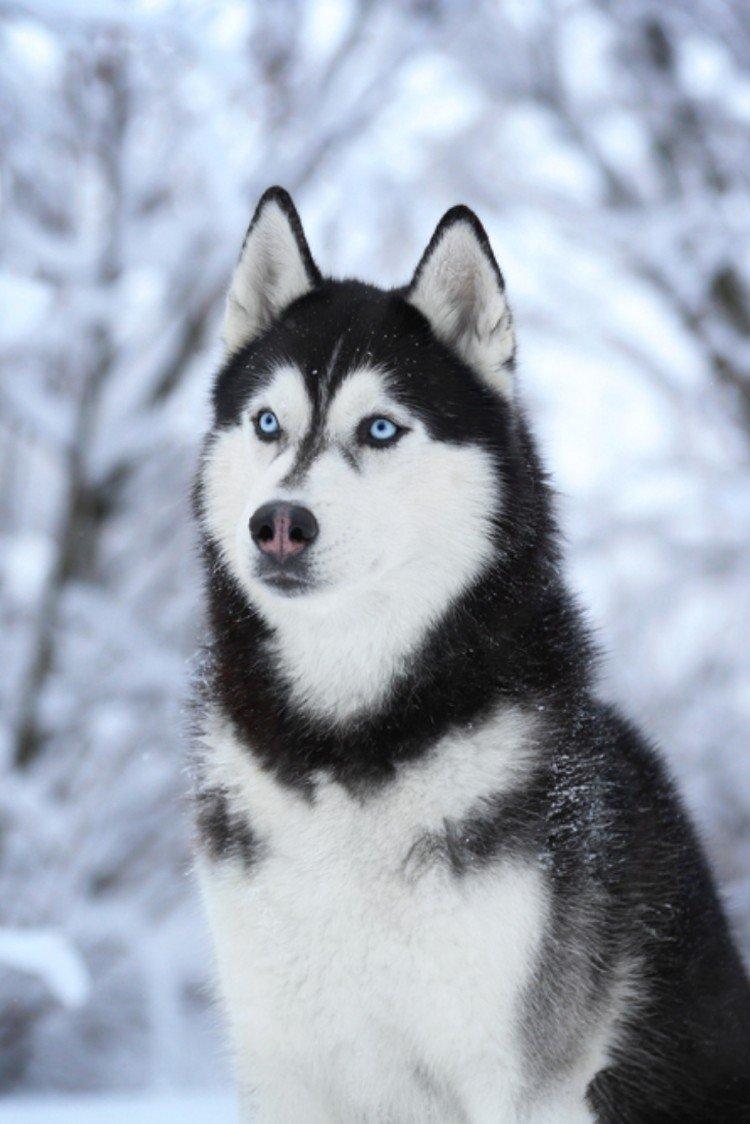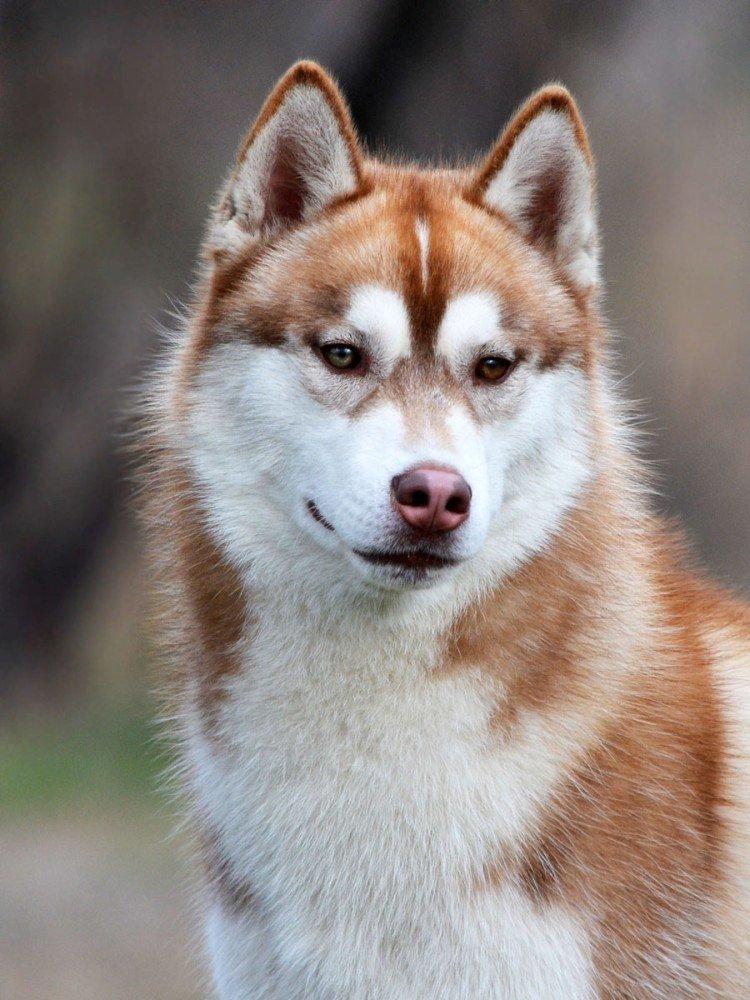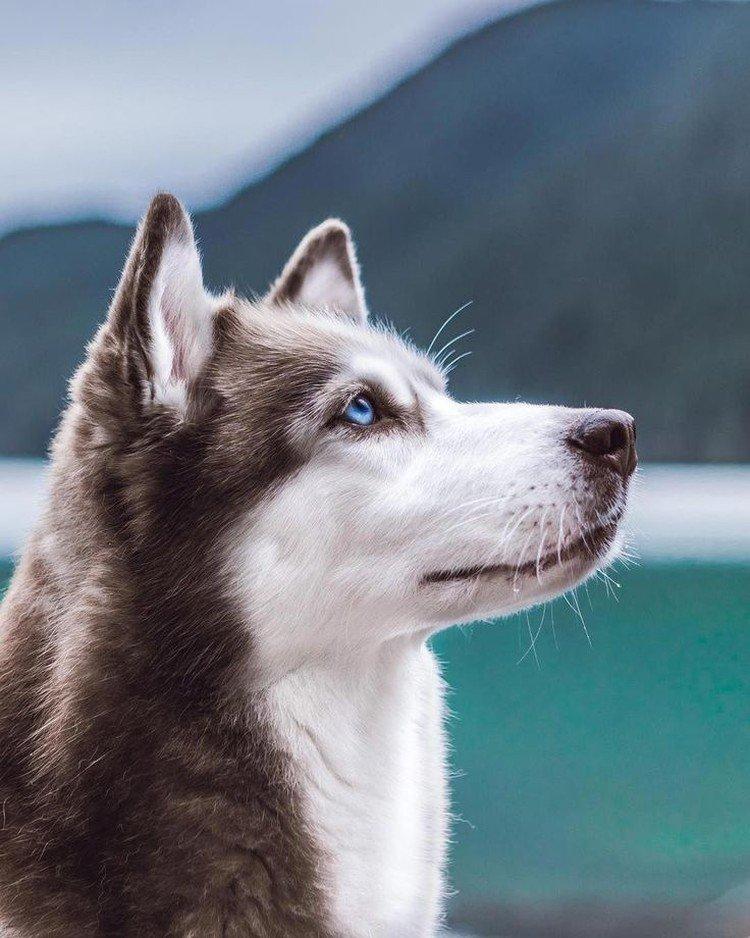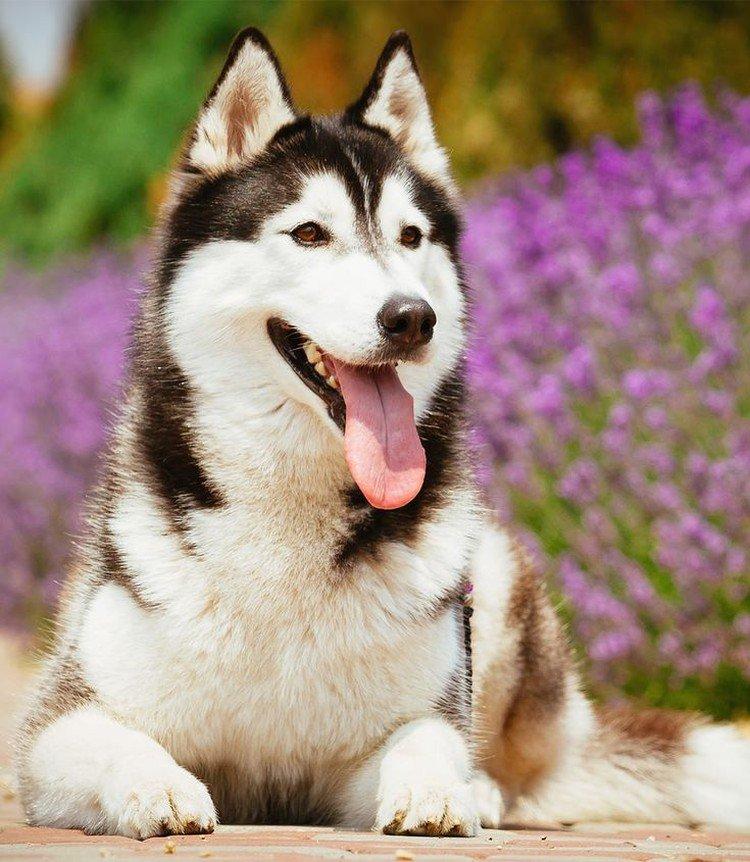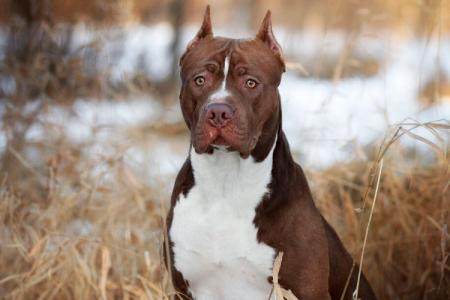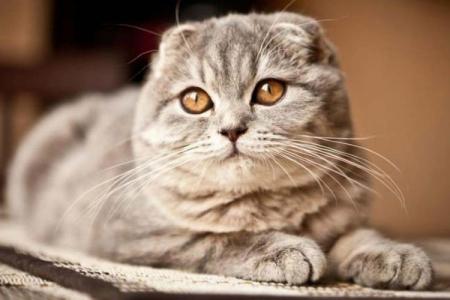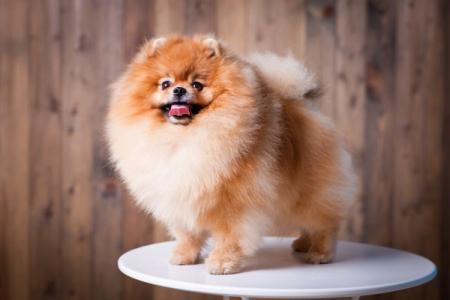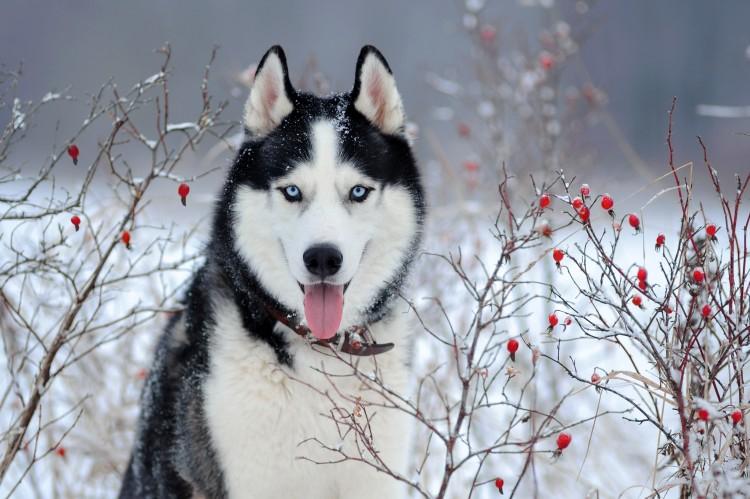
Adorable Siberian Huskies have driven people all over the world crazy. They are strong, hardy, active, and also very beautiful! But such a breed necessarily requires proper upbringing, care and conditions of detention. We will tell you more about this!
General description of the breed
Husky is a special sled dog, which was bred in Siberia by local sedentary tribes. It is a primitive breed that belongs to the Spitz group and was registered in 1966. Such dogs live for 12-15 years.
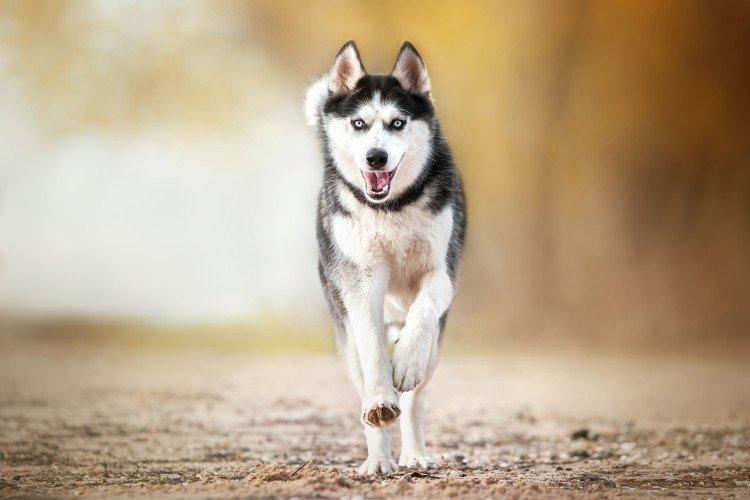
Origin story
Even in ancient times, sled dogs were bred on the territory of the present Far East. The active development of the direction in its modern form began in the seventeenth century, when the need for transport increased. New roomy sledges and sleds appeared, and even more dogs were needed for them.
In 1908, Siberian dogs came to North America, because the Gold Rush in Alaska had just begun. In the United States, the breed was recognized even earlier than at the international level - in 1934. Even the specific names of the breeders who were at the origin of the formation of the standard are known - William Husak, Foke Maul Ramsey and Olaf Swenson.
The very concept of "husky" is a distorted "eski" or eskimo. Now all representatives of the breed are divided into three groups - riding, working and exhibition. They are slightly different in appearance, but basically everything depends on the opinion of a particular expert.
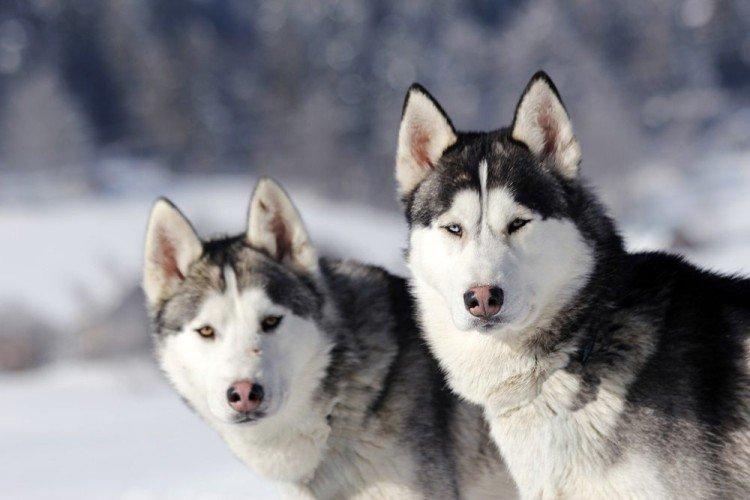
Siberian Husky: breed standard
According to the standard, huskies weigh up to 28 kg and grow up to 60 cm, although females are slightly smaller. A small, rounded head with a straight nose should not be too massive or narrow. Almond-shaped eyes are brown or blue, and it is in the husky that heterochromia is often found.
The color of the nose is completely dependent on the color, and the triangular ears are firmly and high straight up. The husky has a deep ribcage, wide ribs and a strong, straight back, which turns into a tail curved when excited. The coat is of medium length and appears to be very fluffy, but not shaggy. By the way, the characteristic white mask on the head is characteristic only of the husky.
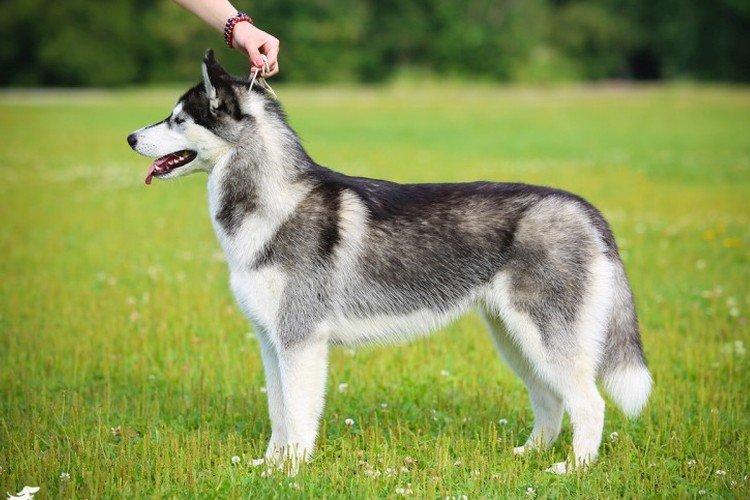
Siberian husky character
Huskies are very friendly, active, but at the same time very calm. For centuries, their ancestors served man in the most extreme conditions, and this connection is still unusually strong!
Features and temperament
Huskies are docile, obedient and very loyal to their family. They have a rather strong hunting instinct, but they are not suitable for hunting - they will not share their prey. Due to the fact that Huskies are gregarious, they are livable and feel good in a company, but they are poorly suited for protection.
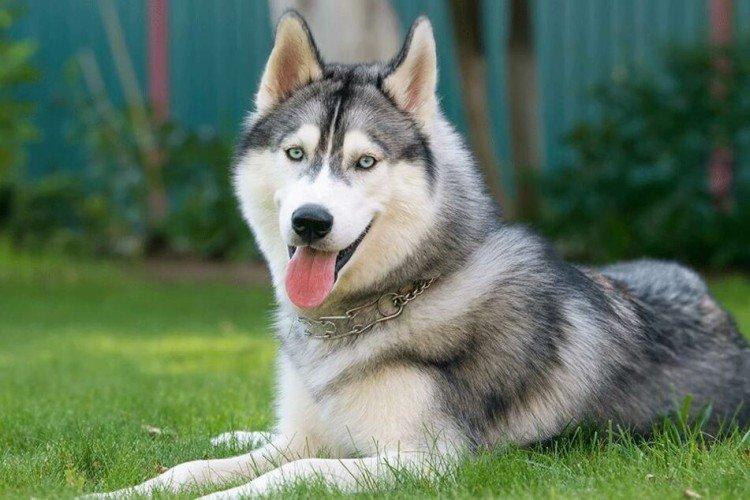
Attitude towards the owner
The owner for the husky is the leader of the pack, so it is important to build the correct hierarchy from the first months. Although this is a wayward breed, a well-mannered husky unquestioningly listens to commands. In addition, they quickly adapt to any stressful situations and are able to take care of a person themselves.
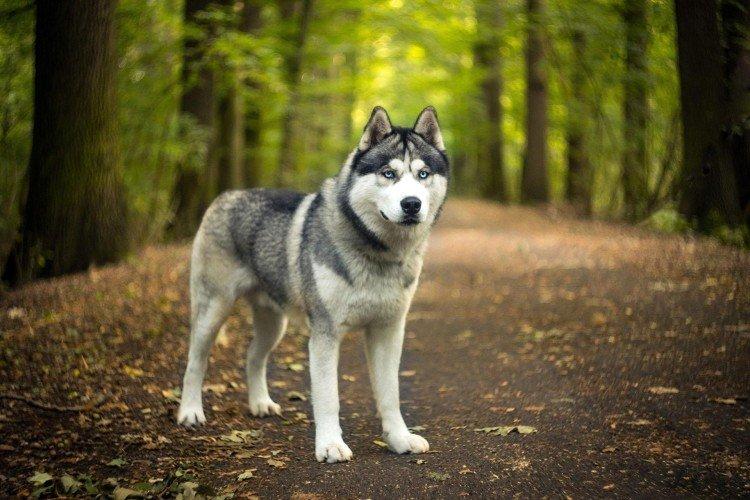
Attitude towards children
In their native northern latitudes, huskies were often left as nannies for children. They looked after the little ones and kept them warm on the coldest days. Of course, in a warm apartment this is useless, but the husky will get along with the child anyway.
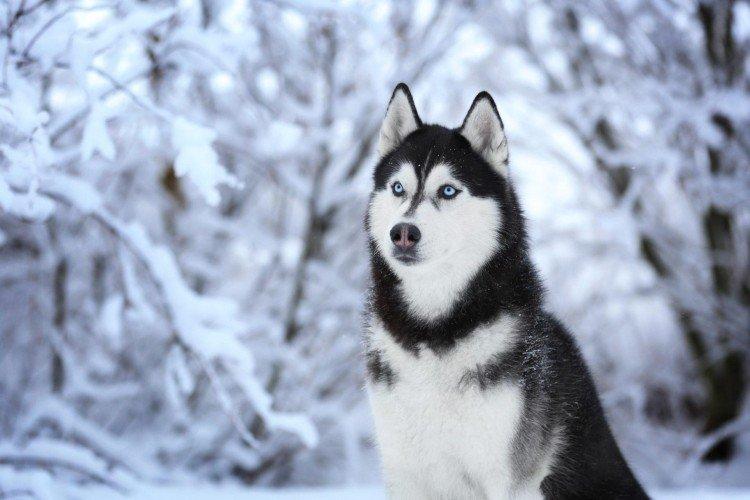
Relationships with other animals
Husky is a gregarious breed, so most often they get along with other animals without any problems. Active and friendly dogs easily find a common language even with cats, if you do not train them to be aggressive on purpose.
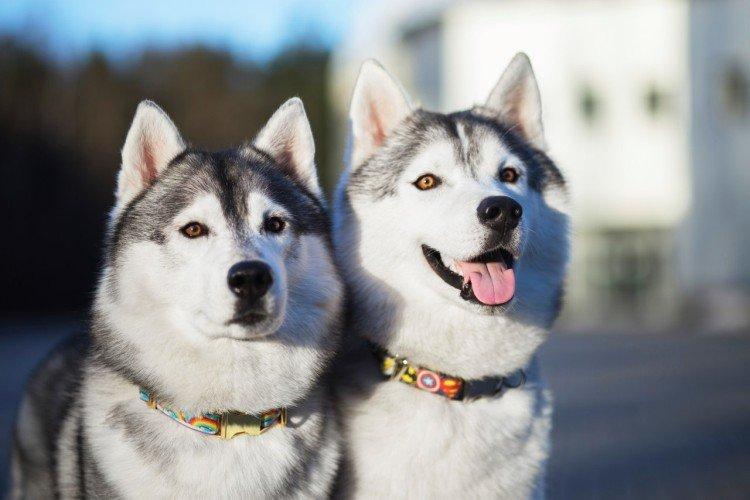
Husky care
There is a stereotype that it is very difficult to care for a husky. But in fact, the main difficulty lies only in the fact that the dog needs constant physical and mental stress. In other matters, the inhabitants of the Far North are quite unpretentious.
Conditions of detention
Although now huskies are often brought up in apartments, they are not made for four walls.Best of all, the dog feels out of town when he has his own house and a large territory. Otherwise, be ready to walk for hours with the dog and look for places where it runs around to its fullest.
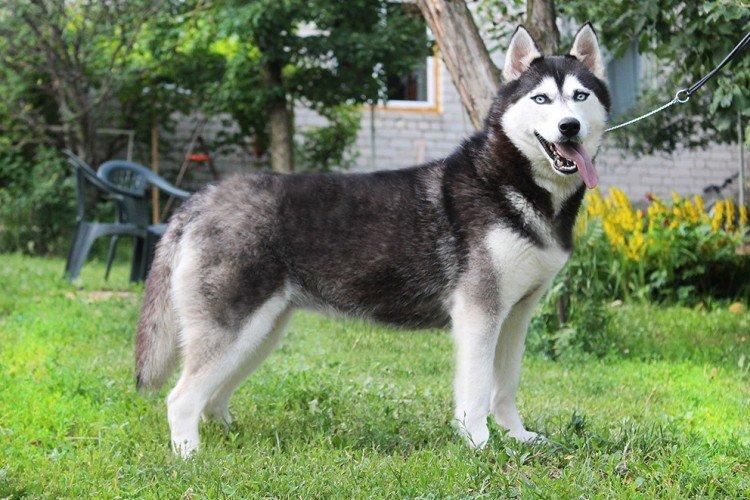
Hygiene
Oddly enough, caring for your husky is quite simple - you don't even need to bathe them. Moreover, an unpleasant odor often appears precisely because of water procedures that disrupt the natural balance. But it is imperative to comb out the coat, brush your teeth and periodically examine your eyes and ears.
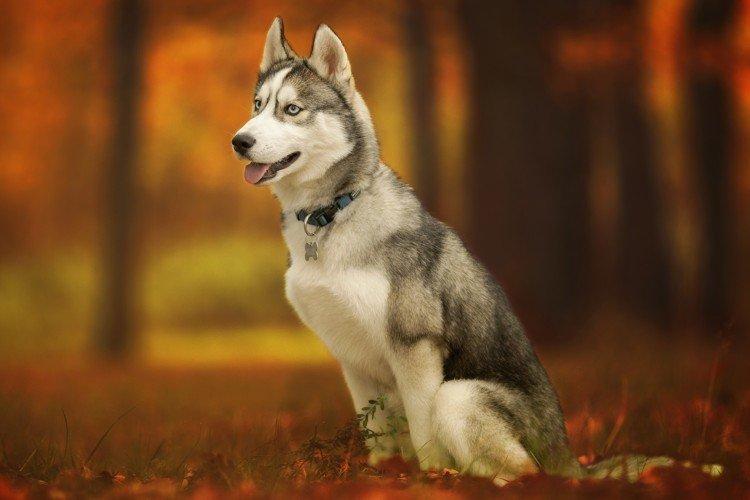
Walking
Huskies need intense exercise, otherwise they simply become destructive to everything around. They need to run a lot and engage in active leisure. They willingly participate in sports, go hiking and overcome obstacle courses. It is categorically impossible to leave an untrained husky on a new unfenced territory alone and without a leash.
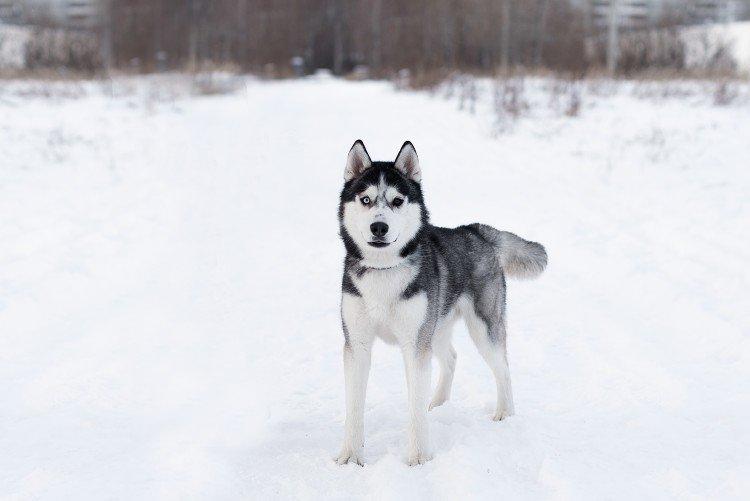
Education and training
Huskies are not aggressive at all, so in this regard, training does not cause problems. But they are smart, wayward and independent - sometimes it is difficult when the dog has to follow the standard algorithm. For the same reason, huskies are not used instead of service dogs, and it is recommended to train them in a playful way.
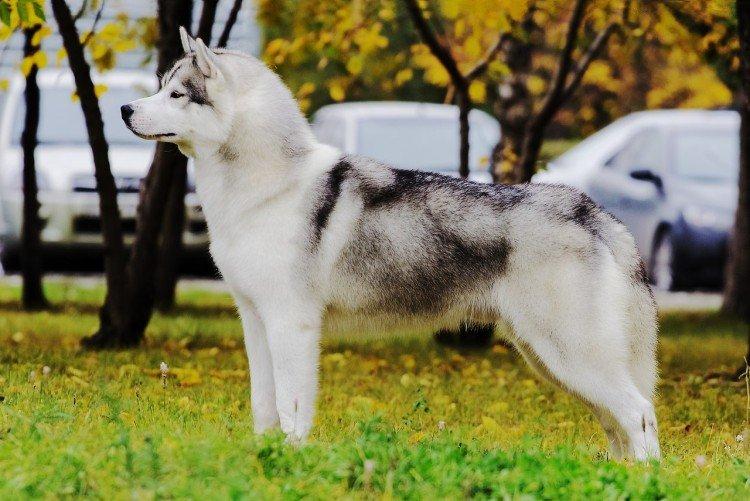
How to feed your husky
Small puppies are fed little, but often up to six times a day, gradually halving the number during the first year. It is enough to feed adult and fully formed animals once or twice.
We recommend using specialized food specifically for huskies or series for active moving dogs. With the right diet, vitamins are not necessary, so let your veterinarian prescribe them.
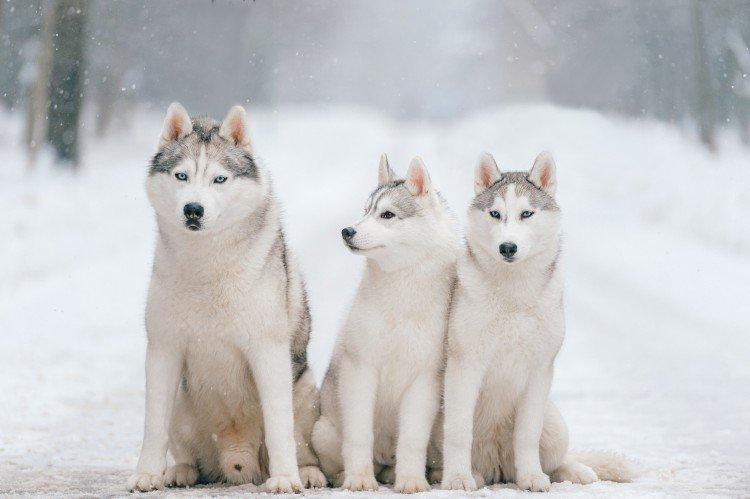
It is quite difficult to organize natural feeding for huskies, because they need a lot of meat. Moreover - raw or immersed in boiling water for a maximum of a second. Don't give your dog a chicken because the husky is often allergic to it.
Eliminate lamb pork and pet food beef, rabbit and turkey. You can give cereals and vegetables, except for potatoes and legumes. We recommend fermented milk products instead of milk, and yolk instead of a whole egg. Add fish oil and some vegetable oils to your diet.
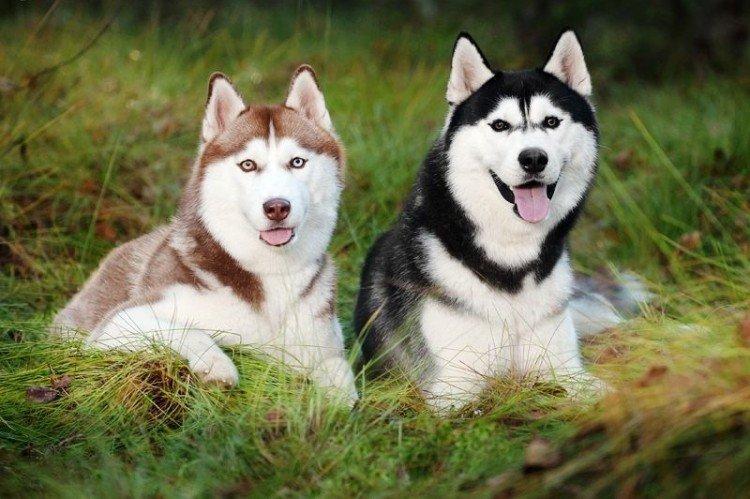
Breed health and disease
The Siberian Husky is one of the healthiest breeds, because the northern latitudes dictate their requirements. Most often, owners are faced with thyroid disorders, diabetes mellitus and eye diseases. Occasionally, huskies suffer from epilepsy, but modern treatment allows you to keep the situation under control.
Be sure to watch how the dog walks and runs. Huskies are very active and any abnormalities may indicate incipient muscle or joint problems. You also need to control weight and do not forget about scheduled deworming on schedule.
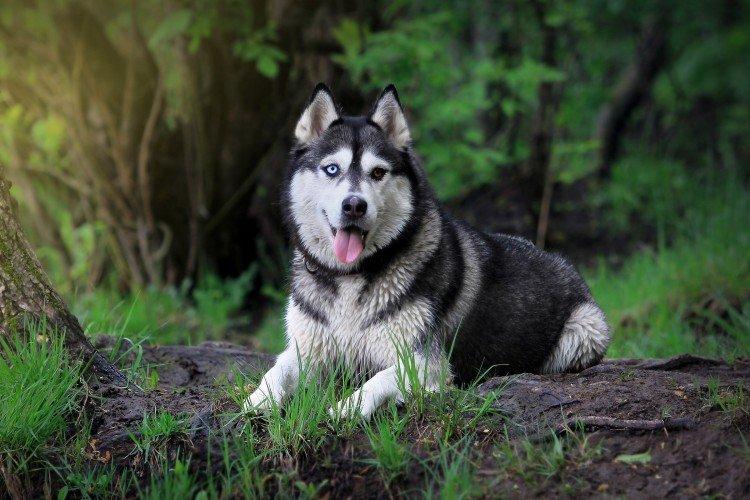
How much is a husky
You can buy a puppy without documents for 4-5 thousand rubles. But if you need a good pedigree and the whole package of papers, the price starts from 15 thousand. Exhibition specimens with eminent parents will cost the most - from 50 thousand rubles.
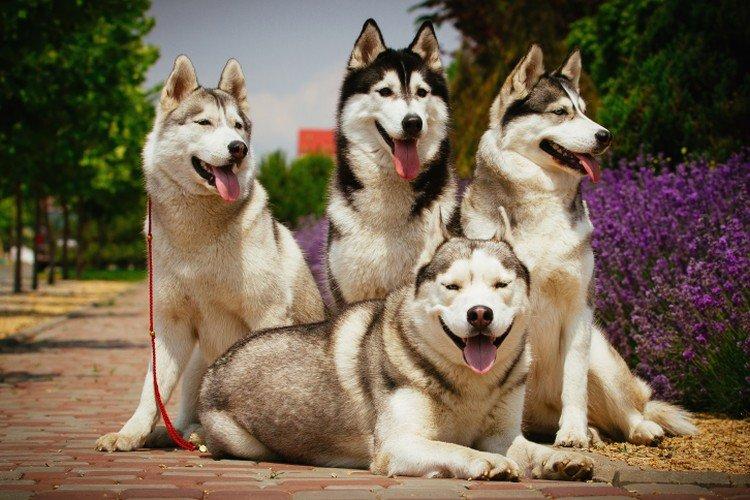
Siberian husky photo
Husky is not only a loyal friend, but also a concentrated beauty. It was with great pleasure that we have compiled a large selection of photos for you!
